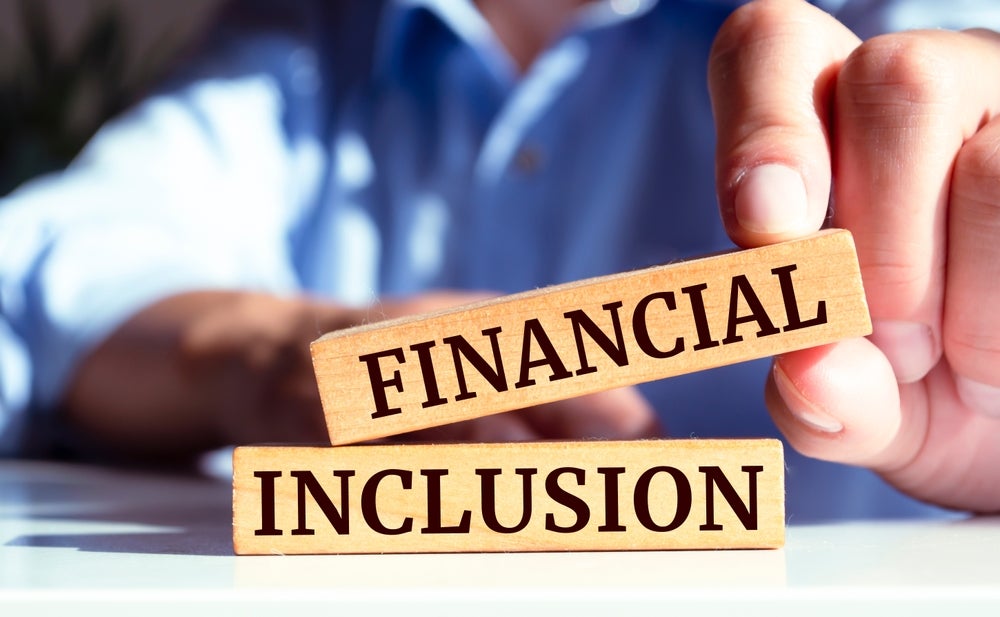
The Inter-American Development Bank Group has launched FINLAC, a new initiative to promote financial inclusion. Specifically, it aims to ensure that the most vulnerable people in Latin America and the Caribbean can access the financial services they need.
FINLAC represents a joint effort by IDB, IDB Invest, and IDB Lab. It will serve as a one-stop shop for advancing financial inclusion, supporting governments and accompanying firms. It aims to ignite innovation in developing and implementing effective policies, reforms, and business practices to create inclusive financial markets in the region.

Access deeper industry intelligence
Experience unmatched clarity with a single platform that combines unique data, AI, and human expertise.
Latin America and the Caribbean is one of the world’s most underserved regions in financial services. About 27% of persons age 15 and older are excluded from formal financial services. This compares with 3% in high-income countries. And only three in 10 persons age 15 and older have obtained a loan with a financial sector entity in the last year, as opposed to three in five adults in high-income countries.
The initiative will prioritise understanding the barriers to financial inclusion faced by rural communities, indigenous and afro descendant populations, women, migrants, older adults, and micro and small businesses. It will promote digital transformation to accelerate financial inclusion and resilience. In addition, it will enhance payment ecosystems to facilitate fast retail transactions. And it will enable responsible, and consented financial consumer data sharing with third parties, known as open finance.
FINLAC: will generate policy-relevant knowledge and data
FINLAC will test innovative business models and private-sector solutions. Finally, it will disseminate recommendations, best practices, and evidence on policies and innovations to build more inclusive financial markets.
The FINLAC website offers a unique data dashboard with comprehensive country-level data. This is organised in four areas: financial institutions, infrastructure, barriers to access and ownership of financial products.

US Tariffs are shifting - will you react or anticipate?
Don’t let policy changes catch you off guard. Stay proactive with real-time data and expert analysis.
By GlobalDataFINLAC is already engaged with both private and public sector partners. These include Mastercard, Amazon, Visa, the World Economic Forum (WEF), the Institute of International Finance (IIF) and CGAP, an independent think tank housed at the World Bank.
Moreover, FINLAC collaborates closely with other stakeholders. Examples include governments, financial institutions, fintechs, development agencies, multilateral organisations, academia, and foundations.
Digital payment ecosystems report
At launch, the IDB Group unveiled a “Digital payment ecosystems in Latin America and the Caribbean” report. This analyses the state of payment systems in the region. It also identifies good practices and reform processes that may contribute to improvements in financial and digital inclusion. The study includes report cards for Argentina, Bolivia, Brasil, Chile, Colombia, Costa Rica, Ecuador, México, Perú and the Dominican Republic.
The IDB, in collaboration with the Bank for International Settlements (BIS), also launched the Fully Scalable Settlement Engine project. This will provide central banks with open-source technology to facilitate and enhance payment systems. It offers technical assistance to develop public policies and regulatory frameworks and strengthen institutional capacities.







